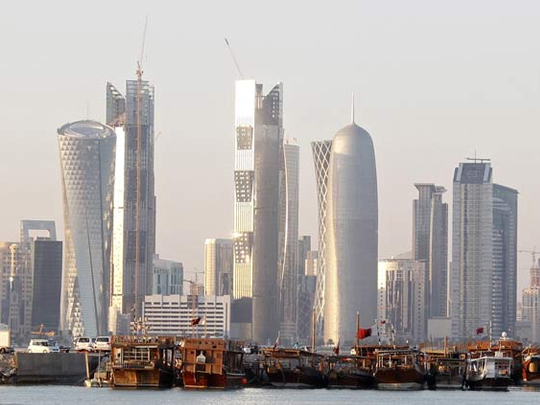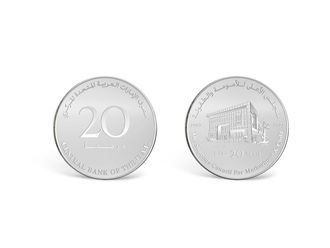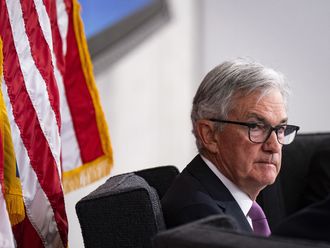
Dubai: Qatar's decision to ban conventional banks from offering Islamic banking services has shocked banks in the UAE.
Although many bankers said they do not expect a similar action in the UAE, many said it is setting a wrong precedent and the decision has created uncertainty in banking business in the region.
Qatar's central bank has ordered commercial banks to close Islamic banking operations by the end of 2011. The central bank reportedly issued a circular on February 1, saying "it has been decided to terminate the activities of the Islamic finance services" offered by conventional banks. The order is effective immediately but provided lenders with a grace period until December 31 to shut Islamic banking operations.
Banks affected by the directive include Qatar National Bank, HSBC, Doha Bank, Commercial Bank of Qatar, Al Ahli Commercial Bank and International Bank of Qatar.
Clarification
"We are communicating with the Qatar Central Bank to seek clarification on this issue," HSBC said in a statement.
Many bankers said they are intrigued by the development as barely seven months ago the QCB Governor, Shaikh Abdullah Bin Saud Al Thani, inaugurated HSBC's Islamic bank branch in Doha.
Conventional banks such as Standard Chartered and Mashreq that have Islamic banking divisions in the UAE did not comment on the development in Qatar. However, many bankers said such decisions will have far reaching consequences on international participation in Islamic banking business in the region. "It will have an adverse impact on the confidence level in the banking industry and restrain asset growth and innovation in the sector," said a senior banker.
The decision would mean all conventional banks in Qatar that have Islamic assets on their balance sheets will have to wind them down by December 31, 2011. It is unclear if there is any plan to compensate banks that have been affected by the decision.
Analysts said the decision has huge cost implications for affected banks, many of them have built physical infrastructure and human resources over the past few years which will now be made redundant.
Currently there are 16 Islamic banking branches of commercial banks in the country.












